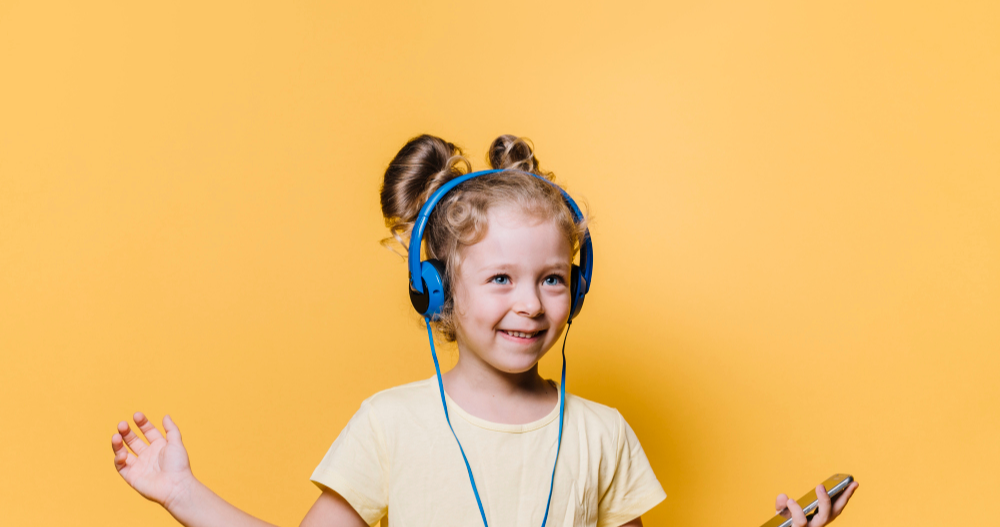
Apprendre la musique tôt : bon pour le cerveau ?
Des études récentes ont mis en lumière l’impact profond de l’éducation musicale précoce sur le développement de l’enfant. De l’amélioration de la neuroplasticité à l’amélioration des fonctions cognitives et du bien-être émotionnel, les avantages de l’initiation à la musique dès le plus jeune âge sont vastes et durables. Dans cet article, nous explorons les résultats de ces études et discutons des moyens pratiques d'intégrer la musique dans les premières années d'un enfant, y compris des alternatives innovantes à l'apprentissage des instruments traditionnels.
La science derrière l’éducation musicale ancienne
Les recherches suggèrent que les enfants qui commencent à apprendre un instrument de musique avant l’âge de 7 ans font preuve d’une plus grande neuroplasticité tout au long de leur vie. La neuroplasticité, la capacité du cerveau à grandir, changer et s'adapter en réponse aux expériences et à l'apprentissage , est stimulée par une exposition précoce à la musique.
Il existe un grand nombre d’études scientifiques qui prouvent que l’éducation musicale précoce chez les enfants peut :
- Améliorer leur fonction cognitive
- Aide leur mémoire
- Les aider à apprendre la langue
- Modérer leurs états émotionnels
- Soutenir un développement cérébral plus sain
- Aide à la résolution de problèmes complexes
Initier la musique aux jeunes enfants
Il existe de nombreuses façons d’initier la musique aux jeunes enfants, avant même qu’ils ne commencent des cours d’instrument formels. Les parents et les tuteurs peuvent intégrer la musique dans les activités quotidiennes, comme chanter des chansons, écouter de la musique et participer à des jeux rythmés.
Développer des compétences musicales avec les jeux
Bien que les cours formels d’instruments puissent être bénéfiques, il existe également d’autres moyens d’impliquer les enfants dans la musique. Une étude menée par Amanda Pasinski, professeure de psychologie à l'UNLV, a montré que les personnes qui jouent souvent à des jeux vidéo musicaux surpassent les non-musiciens en matière d'écoute musicale, telles que la perception de la mélodie, de l'accordage, du tempo et du rythme.
Certaines plates-formes proposant de nombreux jeux musicaux pour développer les compétences musicales comprennent :
- Lingokids : Avec une large sélection de chansons entraînantes de Lingokids, votre enfant voudra écouter, chanter et danser encore et encore.
- Tokidos PlayCubes : proposant de la musique et des jeux éducatifs soutenus par la science et conçus pour les enfants âgés de 3 à 8 ans, les enfants peuvent jouer en solo ou en famille et entre amis. Les jeux s'adaptent au niveau de compétence de votre enfant , afin qu'il puisse apprendre et développer ses compétences à son rythme.
Certains avantages des jeux musicaux Tokidos PlayCubes sont :
- Amélioration de la musicalité et du rythme
- Maintien de la durée d'attention
- Amélioration des réflexes
- Connaissance musicale

L’éducation musicale précoce offre de nombreux avantages pour le développement cognitif, émotionnel et social des enfants. Que ce soit par le biais d’un enseignement formel ou d’activités informelles, le pouvoir de la musique sur le développement de l’enfant est indéniable, ce qui en fait un investissement précieux dans son avenir.
Chez Tokidos, notre objectif est de transformer la science du développement de l'enfant en jeux les plus amusants pour enflammer leur amour pour l'apprentissage !
